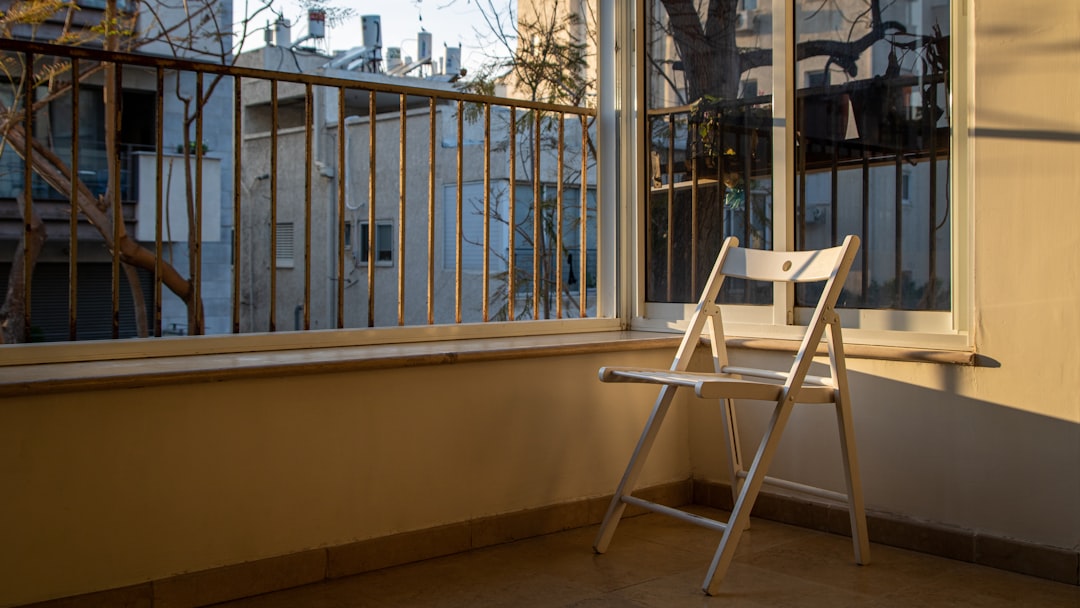CountBricks: Installing Chair Rail for Residential Spaces
Price source: Costs shown are derived from our proprietary U.S. construction cost database (updated continuously from contractor/bid/pricing inputs and normalization rules).
Eva Steinmetzer-Shaw
Head of Marketing
Installing Chair Rail: A Modern Take on a Classic Detail
Chair rail molding has been a staple in American homes since the 18th century, offering both protection and aesthetic appeal. In 2026, the cost of installing chair rail ranges from $5.25 to $10.75 per linear foot per opening, depending on materials and labor. Professionals now use advanced tools like CountBricks to streamline the process, combining voice-driven estimating, real-time cost data, and blueprint takeoffs to enhance profitability for residential contractors.
Why Chair Rail Still Matters in 2026
- Adds architectural character without major structural work
- Protects drywall in dining rooms, hallways, and kids’ spaces
- Offers a low-cost upsell that can boost overall project value
- Provides a logical transition between two paint colors or textures
Understanding the Scope Before You Bid
Accurate takeoffs prevent margin-killing surprises. With CountBricks AI, you can:
- Voice-capture room dimensions while walking the site
- Instantly convert those dimensions into linear-foot material totals
- Pull live lumber and PVC moldings prices from local suppliers
- Generate a professional estimate and branded proposal on the spot
Material Options and Cost Drivers
- Finger-jointed pine: Economical, paints well, minor prep required
- Poplar or oak: Harder species for stain-grade installations
- MDF: Smooth finish, budget-friendly, avoid in high-humidity areas
- PVC/polyurethane: Moisture-proof, ideal for bathrooms or basements
Pro Tip: Set default waste factors per material to avoid under-ordering.
Step-by-Step Installation Process
1. Layout and Leveling
Most residential designs place chair rail 32–36 inches above the finished floor. Use a laser level to snap a continuous reference line. Attach these measurements to the project file automatically.
2. Stud Location
Mark studs every 16 inches. Secure molding into framing for solid results, especially in high-traffic dining areas.
3. Pre-Finish and Cutting
- Pre-prime and sand raw wood to save onsite time
- Cope inside corners for tight joints; miter outside corners at 45°
- Label each piece to streamline installation order
4. Fastening
Use 2 in. 18-ga brad nails for wood species and stainless brads for PVC. Apply construction adhesive for extra hold on wavy walls.
5. Filling and Caulking
- Fill nail holes with shrink-free putty
- Caulk top and bottom edges for seamless integration with the wall
6. Final Finish
Sand lightly, then apply two coats of paint or clear finish. Track labor hours in real time to confirm profitability before leaving the site.
Common Challenges—and How to Solve Them
Uneven Walls: Use in-app photo measurement tools to flag deviations for shimming.
Material Shortages: Live supplier feeds alert you to stock levels, allowing quick substitutions.
Scope Creep: Capture client-requested add-ons, price them, and send for digital signature within minutes.
Calculating Labor with Confidence
Traditionally, one experienced carpenter installs 150–200 linear feet per day. Refine this with jobsite data:
- Time-stamped task tracking for each crew member
- Automatic comparison against estimate baseline
- Real-time alerts if productivity slips, allowing resource reallocation
Integrating Chair Rail into Whole-Home Renovations
Chair rail pairs naturally with:
- Picture molding above for full wainscoting
- Baseboard upgrades for cohesive styling
- Crown molding for a complete millwork package
Bundle these options into a single proposal to showcase value beyond one line item.
Next Steps: Win More Millwork Jobs
- Explore completed chair rail installations at CountBricks.com
- Activate voice estimating on your next walkthrough to reduce bid time by 70 percent
Conclusion
Installing chair rail remains a high-impact, low-risk upgrade in residential construction. With CountBricks handling measurements, pricing, and documentation, deliver flawless millwork and airtight margins every time.
Case Snapshot: 1,200 LF Chair Rail in a Historic Renovation
When a Phoenix homeowner requested period-correct trim for a 1920s bungalow, the general contractor partnered with CountBricks to maintain cost predictability and craftsmanship.
Project Highlights
- Goal: Install 1,200 linear feet of poplar chair rail plus picture-frame molding above
- Challenge: Plaster walls with severe variability—up to 5/8 in. out of plane
- Timeline: Four working days, two-person crew
How CountBricks Drove Success
- Digital Takeoff in 11 Minutes: AI read the scanned blueprint and delivered exact linear-foot totals, including 12 percent waste, for straight and curved walls.
- Live Material Pricing: Compared poplar, oak, and MDF costs from three local yards. Poplar in-stock availability sealed the decision and locked in pricing before market fluctuation.
- Adaptive Labor Tracking: As the crew encountered uneven plaster, extra shim time threatened the schedule. A variance alert allowed the GC to bring in a third carpenter for strategic hours and finish on time.
- Instant Change Orders: A complementary base cap was added on day two. The request was voice-noted, and a signed change order was generated without paperwork delays.
Outcome Metrics
- 8 percent labor underrun versus original estimate
- Zero material shortages or overages
- 100 percent client satisfaction, showcased on CountBricks.com
Actionable Takeaways for Your Next Chair Rail Job
- Use blueprint takeoffs to verify exact linear footage before stepping on site
- Leverage live pricing to lock in margins despite lumber volatility
- Enable productivity alerts to correct labor drift early, not after the job closes
- Turn every mid-project idea into revenue with one-tap change orders
Whether revitalizing a historic home or upgrading a modern dining room, CountBricks equips you to deliver chair rail installations that impress clients and strengthen your bottom line.

